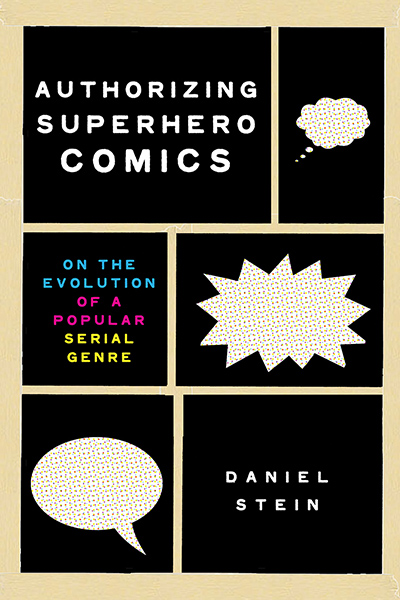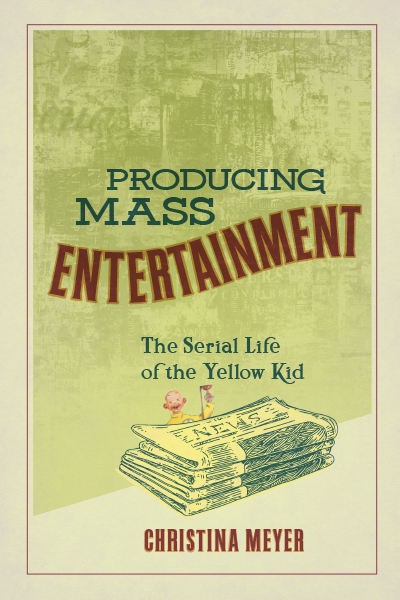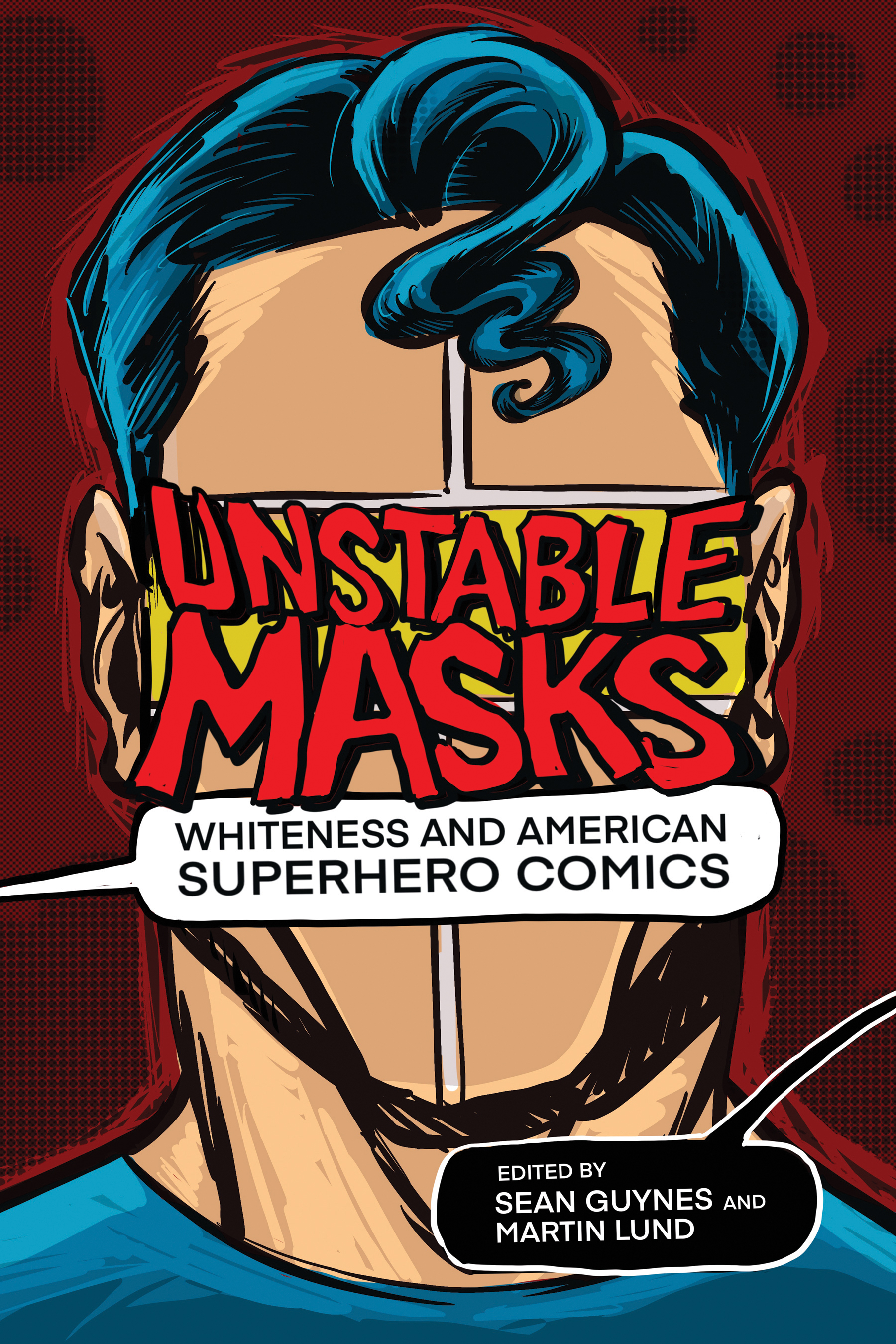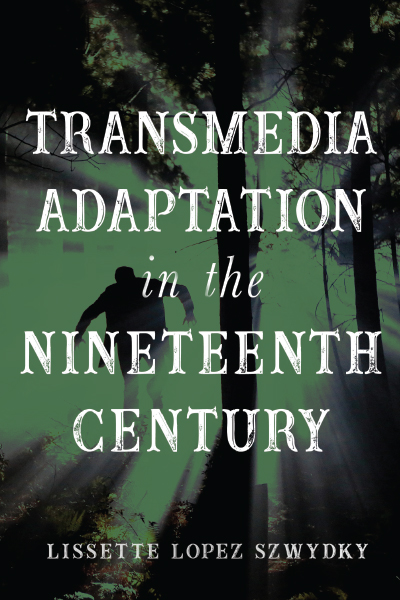“Authorizing Superhero Comics is a truly fascinating piece of innovative scholarship that approaches a salient part of comics history and culture from the perspective of actor-network theory, offering important insights into the (para)textual construction of authorship in superhero comics and beyond.” —Jan-Noël Thon, author of Transmedial Narratology and Contemporary Media Culture
“Daniel Stein has produced a meticulously argued, well-researched, and methodologically sound study, which I believe will resonate with anyone studying superheroes, comics, and popular culture more generally.” —José Alaniz, author of Death, Disability, and the Superhero: The Silver Age and Beyond
Authorizing Superhero Comics examines the comic book superhero as a lasting phenomenon of US popular serial storytelling. Moving beyond linear- or creator-centered models of genre development, Daniel Stein identifies authorization conflicts that have driven the genre’s evolution from the late 1930s to the present. These conflicts include paratextually mediated exchanges between officially authorized comic book producers and alternatively authorized fans that trouble the distinction between production and its reception; storyworld-building processes that subsume producers and fans into a collective rooted in a common style; parodies that ensure the genre’s longevity by deflating criticism through self-reflexive humor; and collecting and archiving as forms of memory management that align the genre’s past with the demands of the present. Taking seriously the serial agencies of the superhero comic book as a material artifact with a particular mediality, the study analyzes letter columns, editorial commentary, fanzines, encyclopedias, and other forms of comic book communication as critical frameworks for understanding the evolution of the genre—assessing rarely covered archival sources alongside some of the most treasured figures from the superhero’s multi-decade history, from Batman and Spider-Man to Wonder Woman and Captain America.
“Stein’s shift to a collective authorship approach builds on a longstanding project in comics studies … Authorizing Superhero Comics does a wonderful job of revealing how authorship is a tangled and complex issue for serial creations like superhero comics.” —Alex Beringer, American Periodicals
“[Authorizing Superhero Comics] provides an important addition to the analysis of superhero comics by focusing on the relationship between readers and creators in legitimizing the genre. … A worthwhile addition for those who wish to give superheroes the scholarly attention they deserve.” —Logan Schell, ImageTexT
“Stein argues his theoretical standpoint cogently and clearly ... Its openness and lucidity of explanation should make this book accessible and intelligible to a wider audience than a purely academic one, a virtue rarely found in academic writing.” —Phyll Smith, Anglia
“As the field of comics studies grows, and the superhero genre seems to persistently dominate it, there’s greater pressure to find new approaches to this potentially overwhelming field. Stein’s Authorizing Superhero Comics moves us forward considerably by returning us with fresh eyes to look back over fundamental ground.” —Corey K. Creekmur, INKS
“[Authorizing Superhero Comics] is an ambitious, sprawling examination of the ‘serial agencies of superhero comics as material and aesthetic artifacts’ that deviates from anthropocentric and teleological historiographies. … Stein’s measured, multifaceted approach should inform future scholarship seeking to grapple with the logic of geek culture that has been largely dismissed as pathological and/or unsophisticated.” —Tiffany Hong, Studies in Comics

Daniel Stein is Professor of North American Literary and Cultural Studies in the English Department at the University of Siegen.
(Photo credit: Sarah Rötzel, Foto Loos, Siegen)
Contents
List of Illustrations
Acknowledgments
Introduction Authorizing Superhero Comics
Chapter 1 Negotiating Paratext: Author Bios, Letter Pages, Fanzines
Chapter 2 Stylizing Storyworlds: The Metaverse as a Collective
Chapter 3 Transmodifying Conventions: Parodies
Chapter 4 Collecting Comics: Mummified Objects versus Mobile Archives
Coda Authorizing Diversity
References
Index





